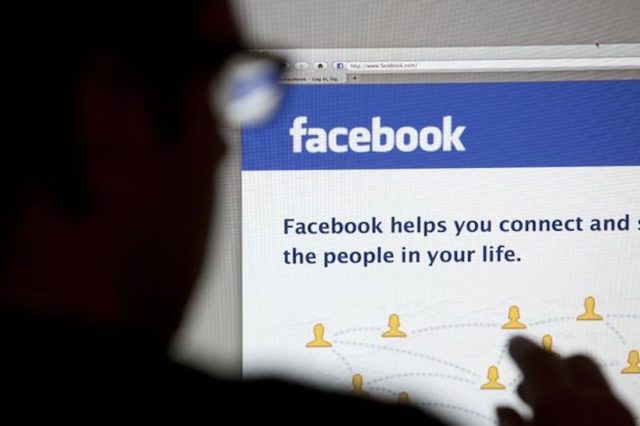Relatives of American terror attack victims filed a lawsuit in a southern New York U.S. District Court on July 10, suing Facebook for $1 billion in damages for failing to remove material that incited Palestinian violence in Israel. The case is the largest to date in wake of the 1992 Anti-Terrorism Act, and could set a new precedent for how social media companies regulate freedom of speech on their platforms.
The plaintiffs claim that Facebook knowingly allows Palestinian terror groups to use the social media website as a platform for incitement, thus making them liable for the militant group’s illegal activities. Hamas also uses the social media site to announce upcoming events, communicate operational and tactical information to its members, and give information for carrying out future attacks. “Facebook has knowingly provided material support and resources to Hamas in the form of Facebook’s online social network platform and communication services,” said Nitsana Darshan-Leitner, the Israeli lawyer that organized the case. “Simply put, Hamas uses Facebook as a tool for engaging in terrorism.”
The Israeli government and other NGOs have echoed the plaintiffs’ concerns, accusing Facebook for enabling Palestinians to spread a message of hate and violence. Israel’s Public Security Minister Gilad Erdan claimed last week that the company has sophisticated tools for serving ads and blocking pornography, but the firm fails to “monitor and block postings by extremists and terrorists urging violence.” A representative for Facebook declined to comment on the case specifically, but the company has said that its community policy restricts “content encouraging violence.”
The plaintiffs include the bereaved families of U.S. citizens killed by Palestinians including 16-year-old Yaakov Naftali Fraenkel and U.S. army veteran Taylor Force.
The lawsuit cites the Anti-Terrorism Act of 1992, which forbids businesses from providing services or material support to terrorist groups, and allows victims of international terrorism and their families to sue for damages. A similar case, brought in September 2014, found Jordan’s Arab Bank PLC complicit in Islamic jihad terrorist attacks, saying that the bank knowingly supplied banking and administrative services for Hamas and other terror organizations. According to legal analysts, the plaintiff must prove that Facebook knew Hamas used its services, and that the posts are directly linked to the referenced terrorist attacks.


